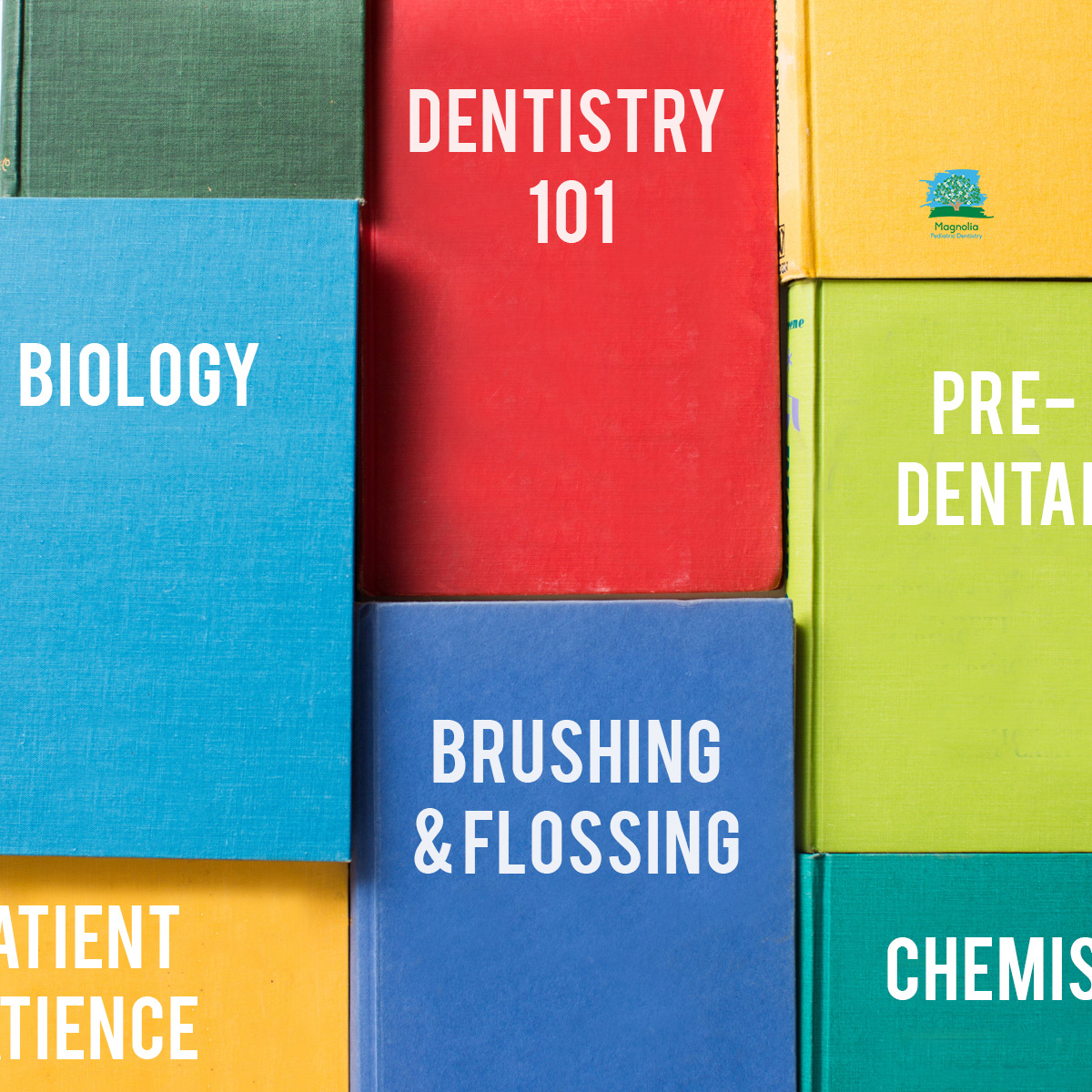
16 Sep Let’s Talk About Careers in Dentistry with Dr. Krista Kunz of Magnolia Pediatric Dentistry in Mt. Pleasant, SC
Do you have a child who loves science? When they’re at the right age, talk to them about a career in dentistry. There are so many great reasons to become a dentist. Dentists make a difference in their community by making sure it is full of happy, healthy smiles. Dentistry is a growing profession and will always be in demand. Dental students can choose from many different fields of study within dentistry like pediatric dentistry, orthodontics, and oral surgery, just to name a few. One major drawback to going to dental school is the student debt load.
You can be your own boss, work for an existing practice, educate, or work in public health! There are so many options. Most dentists work in private practice by themselves or with a partner. An academic dentistry career combines teaching, research, community service and patient care. Public Health Dentistry focuses on community rather than private practice. Promoting dental health and preventing disease are the major roles of a public health dentist. The U.S. Public Health Service offers dentists an opportunity to provide dental care in unique environments like a Reservation, on a military base, or in a prison.
Dentists in research careers are on the cutting edge of scientific discoveries that impact patient care. Examples are laser dentistry, implants to replace damaged bone and computerized X-rays. Dentists in the United States can work internationally through groups like the World Health Organization (WHO), the United Nations Educational, Scientific and Cultural Organization (UNESCO), and the Food and Agricultural Organization of the United Nations (FAO). Many dentists volunteer to bring dentistry to aid people in third world countries in addition to their main career. Hospital dentists treat patients with medical conditions and disabilities alongside physicians.
There are more than 60 dental schools in the United States accredited by the ADA’s Commission on Dental Accreditation. Each program is evaluated for its content and quality. DDS/DMD programs take four years to complete. Students should contact individual dental schools for specific prerequisite information but in general, the following is required:
- 8 hours Biology with lab
- 8 hours Physics
- 8 hours English
- 8 hours General Chemistry with lab
- 8 hours Organic Chemistry with lab
Interning for a dental practice during summer breaks is also a great way to find out what it takes to have a career in dentistry.



No Comments